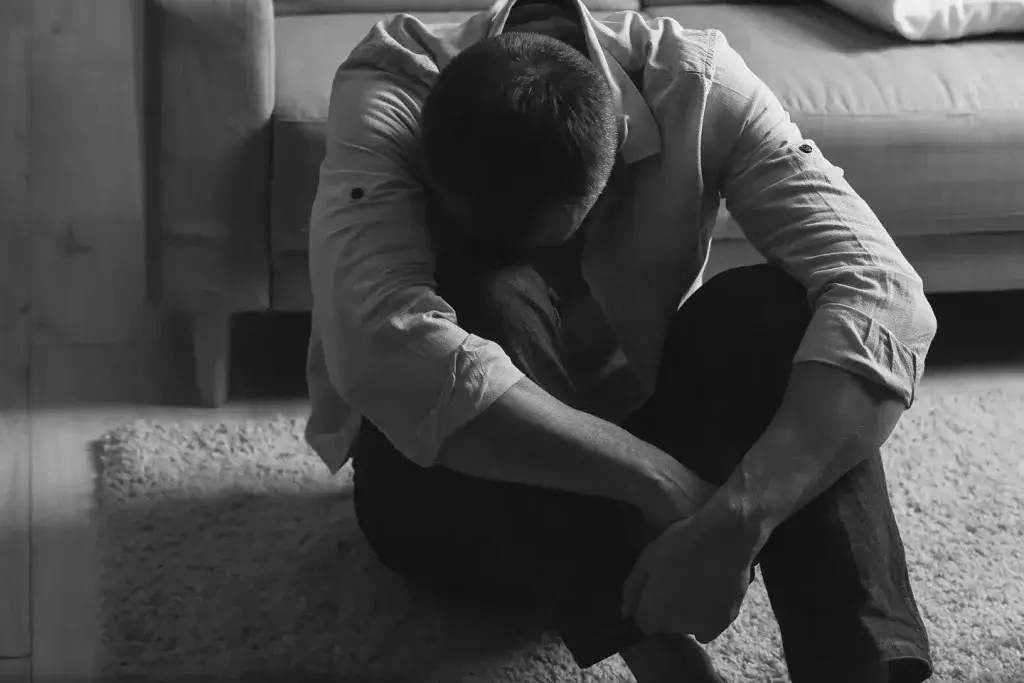Mental Health and Child Custody in Texas
Mental Health As a Factor Within Custody Cases
 Texas family courts always prioritize the best interests of the child when determining custody arrangements and resolving disputes between parents. The court considers all relevant details and factors in a case to ensure the well-being of the child is protected, including the mental health and psychological history of each parent.
Texas family courts always prioritize the best interests of the child when determining custody arrangements and resolving disputes between parents. The court considers all relevant details and factors in a case to ensure the well-being of the child is protected, including the mental health and psychological history of each parent.
Making sure you understand how one’s mental health can affect child custody decisions is crucial for parents navigating the legal process. You also don’t have to go through family law proceedings alone. By working with the team at Farias Law Firm, you can feel confident that your legal counsel is here to guide you every step of the way.
Our experienced attorneys can skillfully negotiate and mediate on your behalf and are prepared to take matters to court if needed.
Call Farias Law Firm at 713-226-7999 to discuss your situation and protect your parental rights.
How Texas Courts View Mental Health in Custody Matters
Texas family courts take numerous factors into consideration when determining custody. Some of these factors include the income and parenting ability of each party. A parent’s mental health is another important component for the judge to look at carefully.
Examples of mental health problems the courts frequently take a careful look at within custody cases include a history of:
- Mood disorders, such as depression and bipolar disorder
- Anxiety disorders
- Personality disorders
- Substance abuse and addiction
It’s important to note that a parent having a mental health condition or a history of psychological issues does not automatically disqualify them from receiving custody. Instead, the court reviews the severity level of the mental problem, the individual’s history of complying with treatment, and how they plan to continue to manage it if necessary.
The judge must also consider how stable the parent’s condition is and how it may impact their ability to care and provide for their child, including whether there’s a chance the parent’s behavior may put the child at risk.
In addition to judges looking at whether a parent’s mental health impacts their ability to provide a nurturing and stable home, the court can also look at any mental health struggles or needs of the child themselves. Each case is unique, so the court is generally careful to evaluate all the facts of the case that can affect what custody arrangement is right for the child.
Evidence That Family Courts May Review
When determining custody, the court can review multiple types of evidence.
- These can include: the individual’s medical or psychiatric records
- Testimony from mental health providers and professionals
- Personal statements from family members or other witnesses
Additionally, any documentation that shows the individual’s willingness to comply with treatment for their mental condition can help speak to their parenting capabilities.
Mental Health Evaluations
The court also reserves the right to order a parent to be subjected to a psychological evaluation. The purpose of a mental health evaluation in a custody case is to assess a parent’s psychological fitness, emotional stability, and ability to properly care for their child. Evaluations also help to assess parent-child relationships, a child’s emotional needs, and whether there’s a risk of abuse or neglect.
These evaluations are typically conducted by a licensed mental health professional, such as a psychiatrist or psychologist. Components of a mental health evaluation can include interviews with both parents and the child, psychological tests, and observations of parent-child interactions.
Knowing and Protecting Your Parental Rights in Texas
In Texas, parents have certain basic rights with respect to their children. These rights include:
- The right to make decisions concerning the child’s upbringing, including decisions regarding education, healthcare, and religious training.
- The right to access and possess the child, which means the right to spend time with the child and to have physical custody of the child.
- The right to receive information from any other person who has access to information about the child, such as teachers, doctors, or counselors.
- The right to consent to the child’s marriage, enlistment in the armed forces, and medical and psychiatric treatment.
- The right to receive child support from the other parent, if applicable.
It is important to note that these rights can be limited or modified by court order if it is determined to be in the best interests of the child. Additionally, if the parents are not married, the father may need to establish paternity before he can exercise these rights.
Ways to Protect Your Parental Rights With a Mental Health Condition
If you are a parent who’s managing a mental health condition, there are proactive steps you can take to help protect your rights to custody. In addition to working with a seasoned family law and custody attorney, some ways to strengthen your case include:
- Keep up with regular psychological treatment and, when applicable, compliance with medication
- Collect detailed records of your mental care and progress
- Get supportive evaluations from mental health professionals, such as your psychologist, psychiatrist, therapist, etc.
- Show that you are fit to parent by demonstrating consistent and stable behavior.
Seeking Child Custody When the Other Parent Has Mental Health Troubles
If your child’s other parent has a history of mental health struggles or instability, and you are worried their behavior may endanger your child, there are critical measures you can take to build a strong case in court. It’s recommended that you gather credible and factual evidence that supports your concerns.
An experienced child custody attorney can help you identify what evidence may be most compelling in legal proceedings. It’s also advisable that instead of attacking the other parent’s mental condition, focus on your child’s psychological and emotional needs. As a parent, you can also request that the court order a psychological evaluation.
Contact Us for a Consultation Today
Whether you’re managing a mental health condition or have concerns about your co-parent’s behavior, a qualified custody lawyer is a valuable resource to have. Contact the team at Farias Law Firm today by calling 713-226-7999 to speak with a legal professional who can help protect your parental rights and advocate on your behalf.

